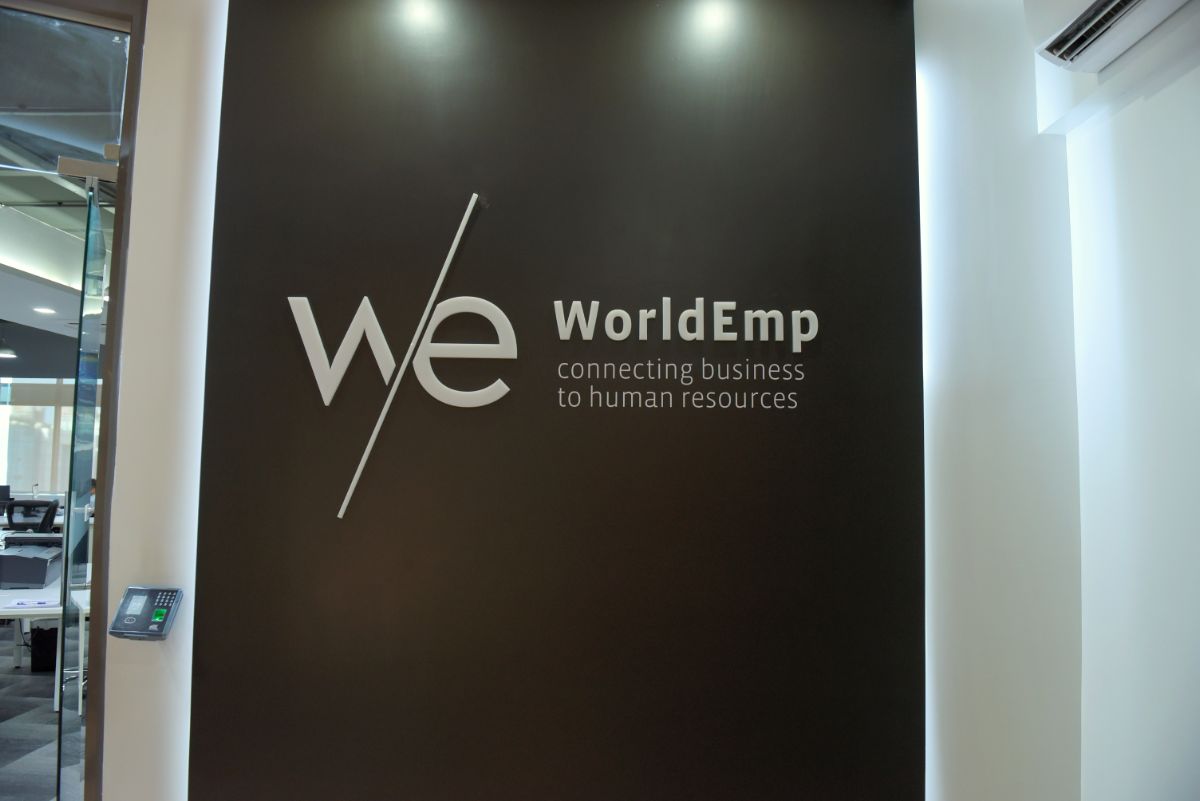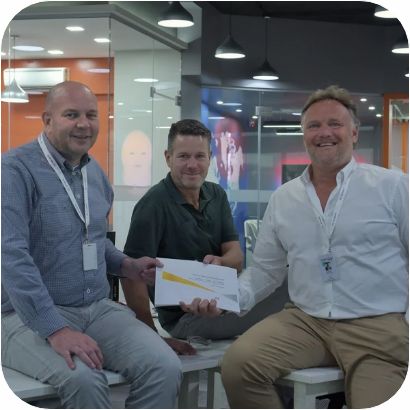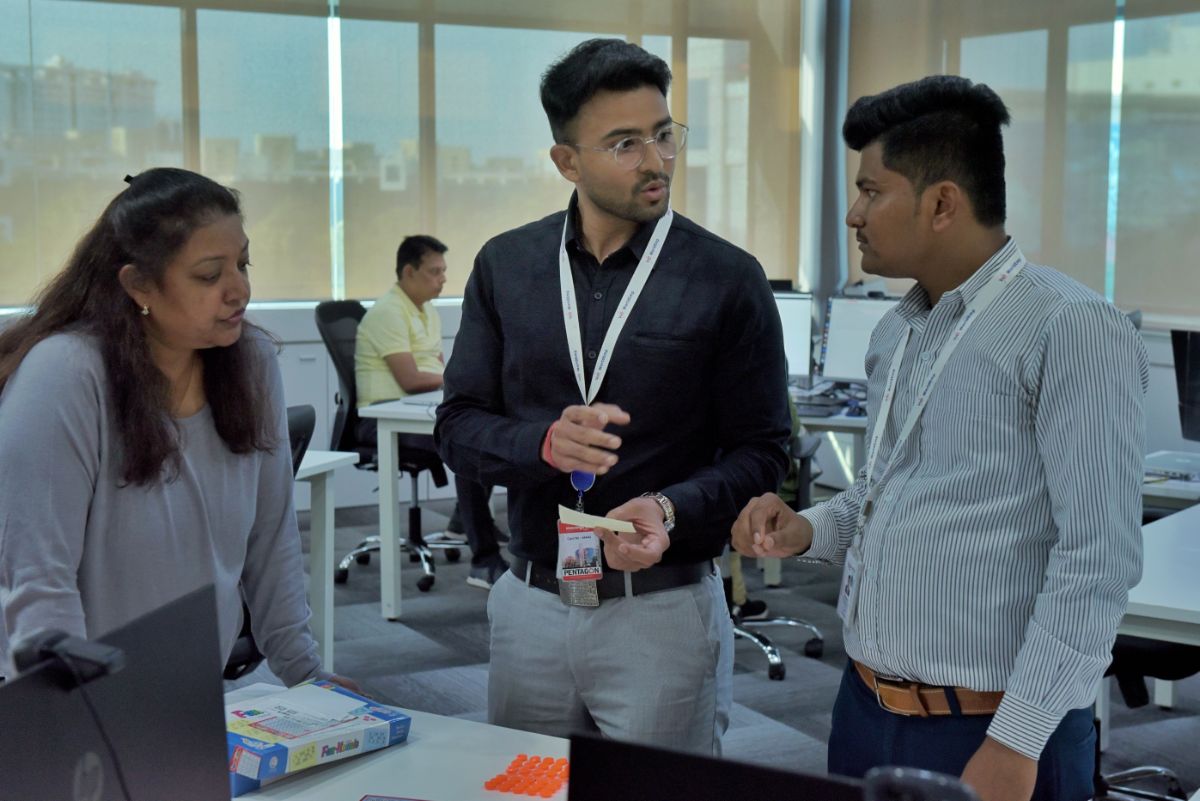- More than 20 years experience
- Complete assessments
- No agency fees
Bringing Foreign Accountants to the Netherlands?
There’s a Smarter and More Sustainable Solution
Recently, the Financieele Dagblad published an article highlighting a growing trend among Dutch accounting firms: to counteract labor shortages, they are increasingly looking abroad. Not only the Big Four—PwC, Deloitte, EY, and KPMG—are pursuing this strategy, but also mid-sized and smaller firms are experimenting with recruiting staff from countries such as South Africa, Sri Lanka, and India.
It’s a logical and understandable development, given that the Dutch labor market is still under significant pressure. As the FD points out, firms like PwC now employ hundreds of foreign accountants who work on Dutch accounts from countries like India, Pakistan, or South Africa. At Deloitte, the situation is similar: teams in India handle complex audit tasks, and professionals from South Africa are even temporarily relocated to the Netherlands.


The Appeal of Foreign Talent
Why are so many firms choosing this route?
-
Cost-efficiency: Wages in countries such as Sri Lanka and India are significantly lower, making this an attractive option for Dutch employers.
-
Talent availability: While the Netherlands struggles to find enough qualified accountants and financial specialists, other regions have a surplus of well-educated professionals.
-
Reduced workload: Offshoring part of the work creates breathing room for Dutch staff, allowing them to focus on more complex or strategic tasks.
It sounds like a win-win situation. But, as the FD article rightly notes, it’s not a guaranteed path to higher quality—and it does come with its own challenges.
The Pitfalls of Relocating Foreign Staff to the Netherlands
Increasingly, companies aren’t just outsourcing work offshore—they’re physically relocating employees to the Netherlands. While this might seem appealing, there are several important downsides:
-
High costs: Due to Dutch highly skilled migrant regulations, these employees are often more expensive than local hires, especially considering mandatory salary thresholds.
-
Housing and relocation: In an overheated housing market, finding accommodation is both costly and complex.
-
Temporary nature: Many expats return to their home country after two to three years due to homesickness, leaving organizations with new vacancies and onboarding processes.
-
Cultural challenges: As one accountant in the FD article mentions, working with different cultural backgrounds can require significant adjustment. It demands investment in clear communication, defined deadlines, and strong team cohesion.

A Sustainable Alternative: Digital Knowledge Migrants
At WorldEmp, we believe there’s a smarter way. Our model focuses on digital knowledge migrants: highly educated international professionals who work for Dutch companies directly from their home countries, fully integrated into the team.
With proper onboarding, guidance, and communication, these professionals collaborate just as effectively as local employees—without the burden of visas, residence permits, or relocation.
The Key Benefits Digital Knowledge Migrants
Considering remote international talent? Here are the key benefits at a glance:
-
Cost savings – No need for expensive expat salaries or housing, while still gaining access to top-tier professionals.
-
Rapid deployment – Skip lengthy visa procedures and get started immediately.
-
Flexibility and scalability – Easily scale your team up or down based on your business needs.
-
Sustainability – Fewer international flights, no added pressure on the housing market, and reduced turnover.
-
Global diversity – Collaborate with talented professionals from around the world—without relocating them.


What Makes WorldEmp Unique?
At WorldEmp, we don’t just focus on technical skills—we also look closely at personality and cultural fit. We understand how crucial it is for a remote team member to feel like a true colleague, not an external contractor.
And our support doesn’t stop after onboarding; we remain actively involved to ensure seamless and successful collaboration.




